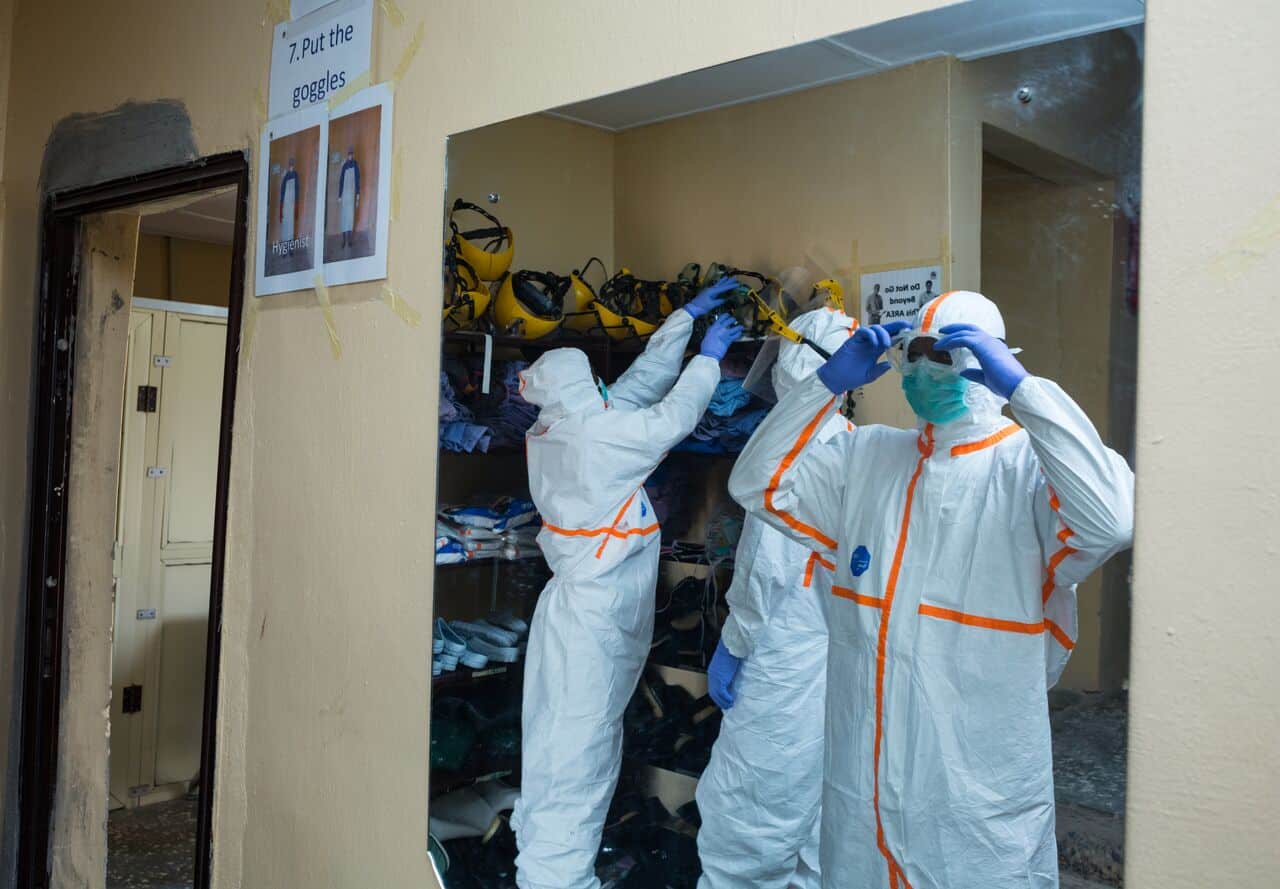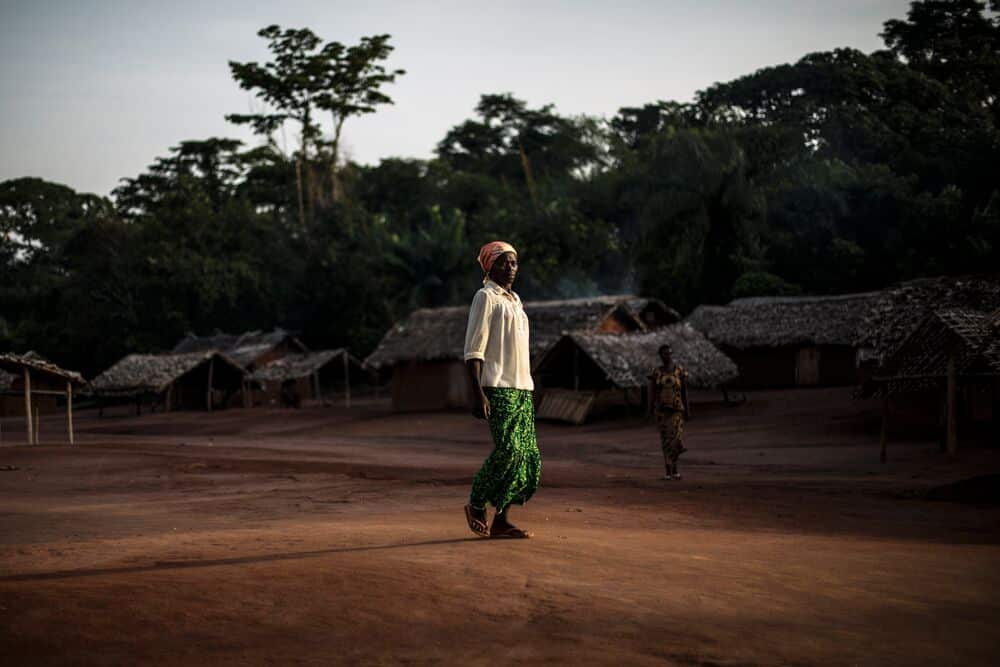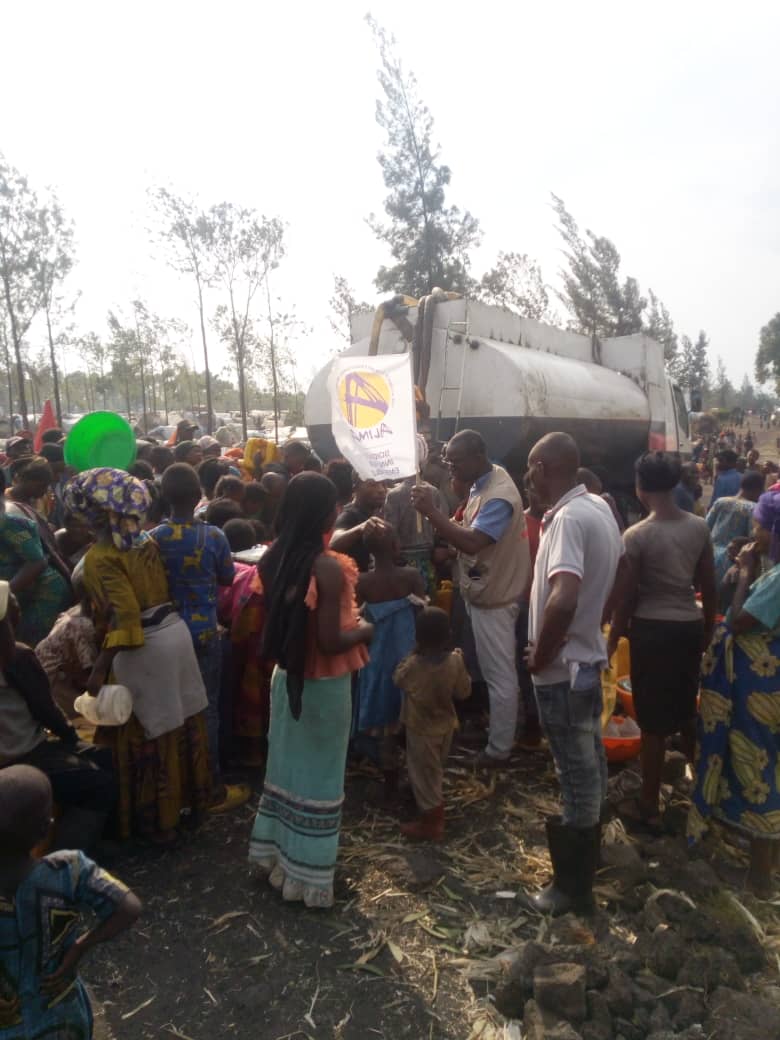“I have never seen such a situation,” states Aziz Ould Mohamed, ALIMA Emergency Coordinator in Nigeria. “The displaced are living in conditions of extreme hardship, seeking shelter in straw huts and lacking in latrines even though it is the rainy season. Piles of rubble are strewn around the camps and children are playing near pools of stagnant water. The situation is catastrophic.”
ALIMA medical teams have already treated children suffering from severe acute malnutrition and continue to receive dozens of patients a day. A deadly measles epidemic is raging and ALIMA has treated a large number of cases in Monguno.
“We were able to start treating patients quickly despite difficult access and security constraints thanks to rapid mobilization of our teams in the region,” says Augustin Augier, ALIMA General Secretary, currently in Maidiguri, the capital of Borno State.
Internally displaced people are continuing to arrive in Monguno every day. A lot of severely malnourished children need to be treated in Monguno, a third of whom are in critical condition. “Food needs are enormous, but so are the needs in terms of medical care, sanitation, and clean water. The displaced have no means of survival aside from that being provided by international organizations which is still far too little”, concludes Aziz Ould Mohamed.
Copyright Xaume Olleros



